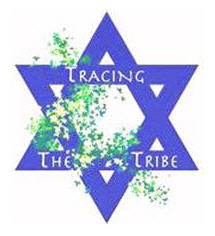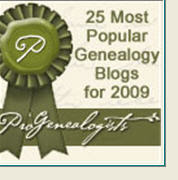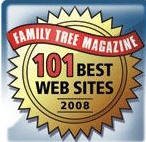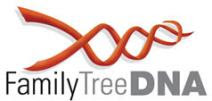It's the stories that get to you.
The stories of people from Brazil, Argentina, New Mexico and right here in this corner of Texas. Some drive for hours to connect to the heritage of their ancestors - which is now theirs.
They come from all backgrounds and professions. They are artists, consultants, professionals, teachers, musicians, contractors - and even rabbis. Some have made a short journey, others have taken years to learn the secrets of their families. Each has accomplished this in his or her own way, with the support - or not - of their families.
The music of Judaism has aways drawn me, and these past few days have been filled with various traditions. The beautiful circular chapel of El Paso's Congregation B'nai Zion was the perfect setting for the Sephardic chanting of Rabbi Juan Mejia and the Ashkenazi tradition of Rabbi Stephen Leon, whose father was a hazzan. In addition to these two fascinating men, there were others who took on major portions of some services and those who read from the Torah.
The 7th Sephardic Bnai Anousim Conference has been an eye-opener for me, even though I've known these stories for a long time. Hearing, in person, the life stories of these people from many backgrounds who have returned to public Judaism is an inspiration - or should be - for all of us.
I've heard the experiences of those who began searching, of the reactions of their families, their encounters with messianic churches and with people who misled them along their return. I've heard the stories of a man - originally from Monterrey, Mexico - and asked about his siblings. There are six, they live in different places, and "we all know who we are."
Rabbi Juan Mejia, recently ordained by the Jewish Theological Seminary, is an amazing guy. His journey - from Colombia and Catholicism and the family secrets to teaching via the internet and in person to an audience that could potentially number in the millions - is inspiring.
While many anousim - children of the forced (even though that force was centuries ago) - look for acceptance from mainstream Judaism, many of these individuals believe they must be more proactive and organize their own centers. Rabbi Juan described a congregation in South America that he visited. A beautiful facility, filled with the returned and returning. A flourishing congregation. When the Ashkenazi congregation in their city could not afford to retain their rabbi, this congregation hired him.
I'm still absorbing this weekend.
My talks on Jewish Genealogy 101 and Sephardic Research Trends elicited many questions. I distributed notes of my talks, urged attendees to write down what they know, to record their stories, so future generations will understand. I distributed MyHeritage.com software to help in the process. I've explained about DNA testing - Y-DNA, mtDNA and the new autosomal Family Finder - and what our IberianAshkenaz DNA Project at FamilyTreeDNA.com has demonstrated.
A pilgrimage is on the books, as the 8th Sephardic Bnai Anousim Conference will be held in Israel in August 2011. The plan is to be in Jerusalem on Tisha b'Av.
The date is important as Rabbi Stephen Leon introduced a resolution to the United Synagogue of Conservative Judaism's conference in December 2009. It was unanimously accepted by the organization that Tisha b'Av be recognized as a day of memorial for the victims of the Inquisition - and that bnai anousim be welcomed - at Conservative congregations. Outreach for this movement is also being conducted in the Reform, Reconstructionist and Orthodox communities.
The group is planning to build a learning center in El Paso to assist bnai anousim in their quest.
As part of the conference, we watched a production of "Parted Waters" which described one family's experience with the ancestral secret. If this is offered in your community, do see it.
This morning, I'm heading to Ruidoso, New Mexico, and will be back in time to attend Tisha b'Av services.
19 July 2010
Subscribe to:
Post Comments (Atom)





































No comments:
Post a Comment